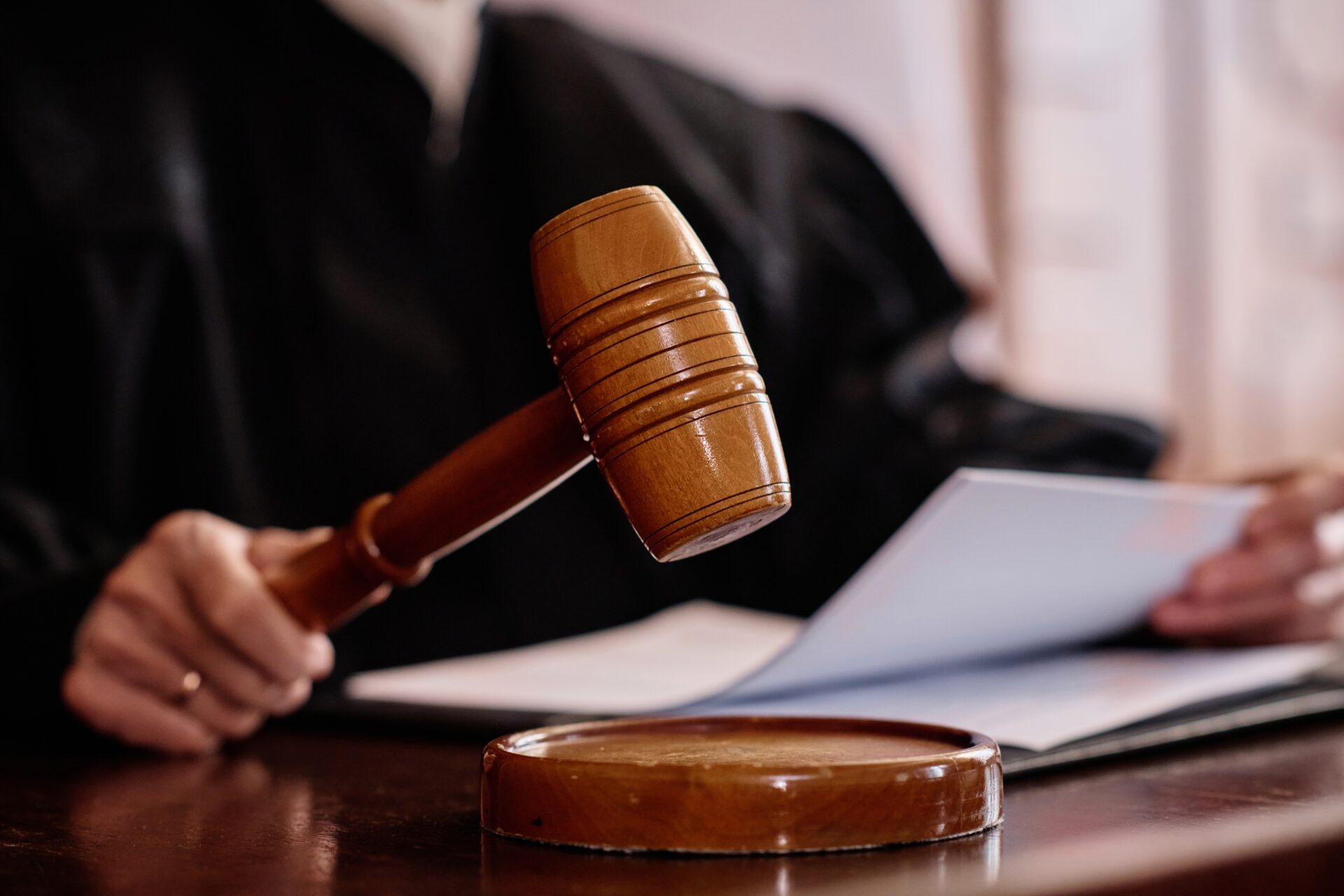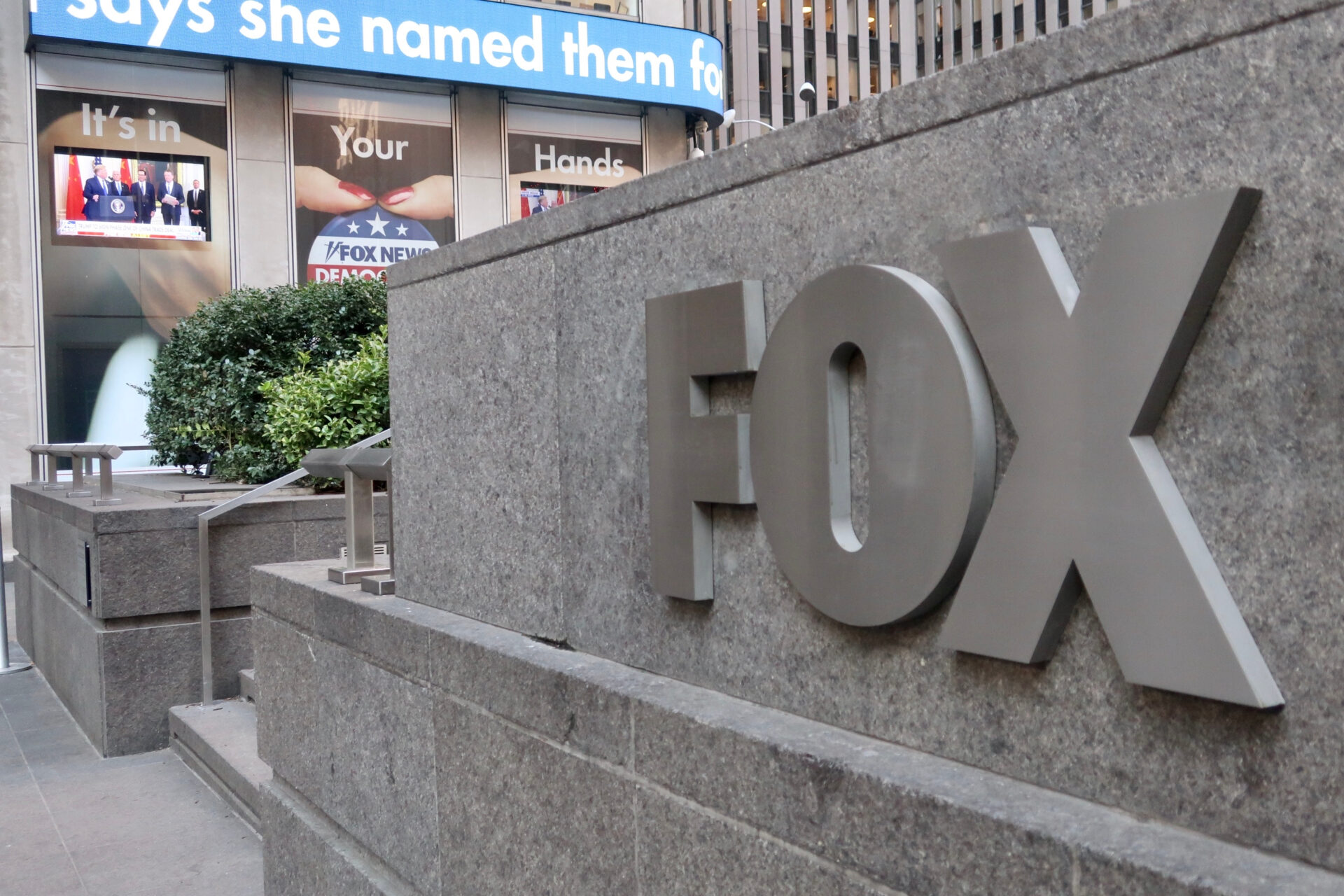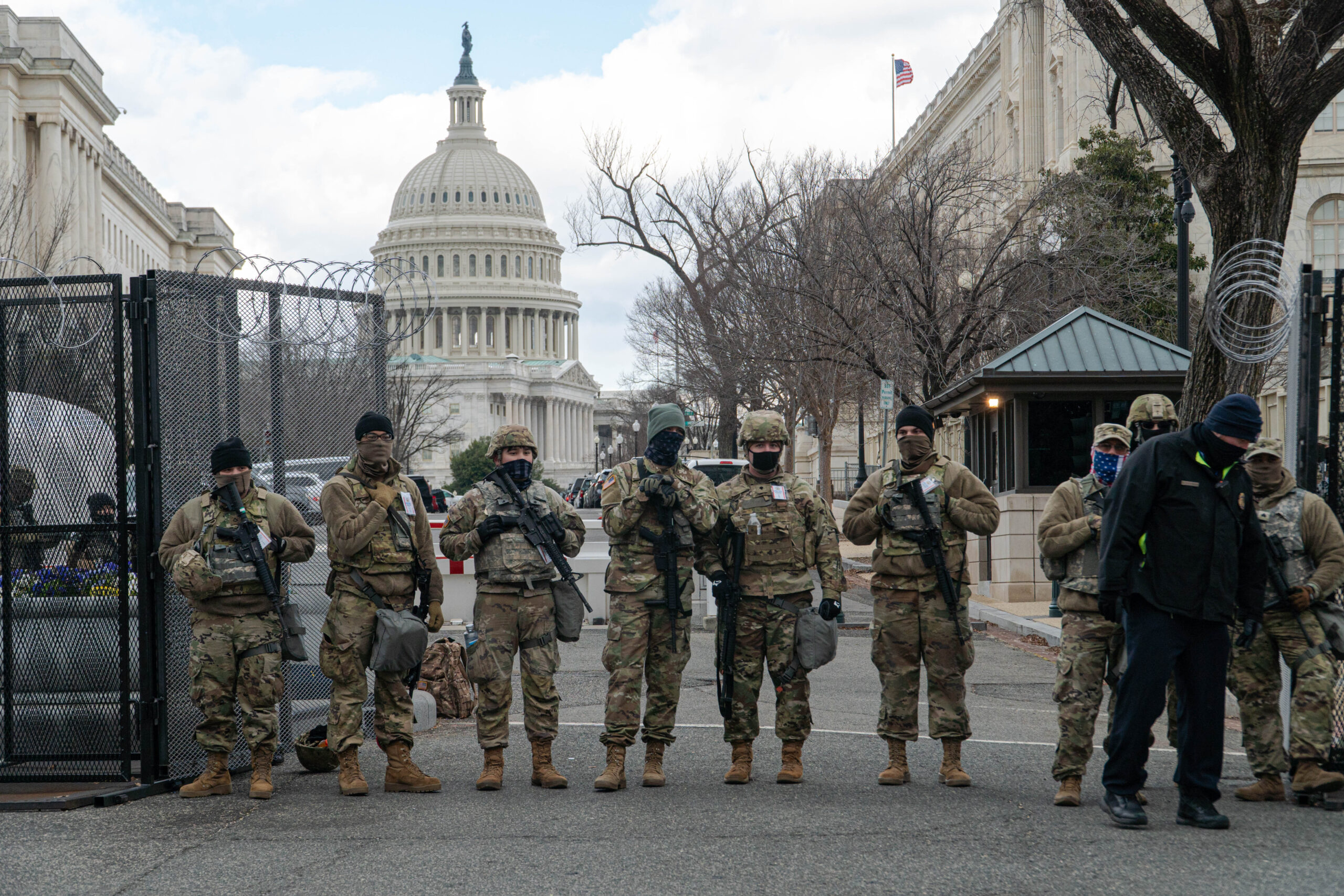
Can Maxwell WIN APPEAL and WALK FREE?
Ghislaine Maxwell has petitioned the U.S. Supreme Court to overturn her conviction, arguing that a 2007 non-prosecution agreement with Jeffrey Epstein should have shielded her from federal charges.
At a Glance
- Maxwell serving 20-year sentence for sex trafficking and related charges
- Claims Epstein’s 2007 plea deal extends to “potential co-conspirators”
- Prosecutors argue the deal applied only in Southern District of Florida
- Petition could clarify scope of plea deals across jurisdictions
- Supreme Court has not yet decided whether to hear the case
The Legal Argument
Maxwell’s legal team contends that the 2007 agreement between Epstein and federal prosecutors—negotiated in the Southern District of Florida—was designed to protect unnamed co-conspirators from prosecution. The deal followed Epstein’s guilty plea to state-level charges of procuring minors for prostitution and included an immunity provision for others potentially involved.
Watch now: Ghislaine Maxwell makes pitch to Supreme Court · YouTube
Federal prosecutors in New York, who secured Maxwell’s 2021 conviction, reject this interpretation. They argue that plea agreements negotiated by one U.S. Attorney’s Office do not bind other districts unless explicitly stated. This jurisdictional boundary is central to the case and will determine whether Maxwell’s conviction stands or is vacated.
Broader Implications
If the Court takes up the case, its ruling could have far-reaching implications for the enforceability of federal plea and non-prosecution agreements. Legal scholars note that conflicting appellate rulings on similar jurisdictional issues increase the chances of Supreme Court review. A decision to hear or decline the petition will set the course for how plea deal protections are applied in multi-district federal cases.
Next Steps
The Supreme Court receives thousands of petitions annually and agrees to hear only a small percentage. If Maxwell’s petition is denied, her remaining legal options will be limited to post-conviction relief within the federal system. If granted, the case could reshape how federal immunity agreements are interpreted and enforced nationwide.
Sources
The New Yorker
ABC News
Reuters


